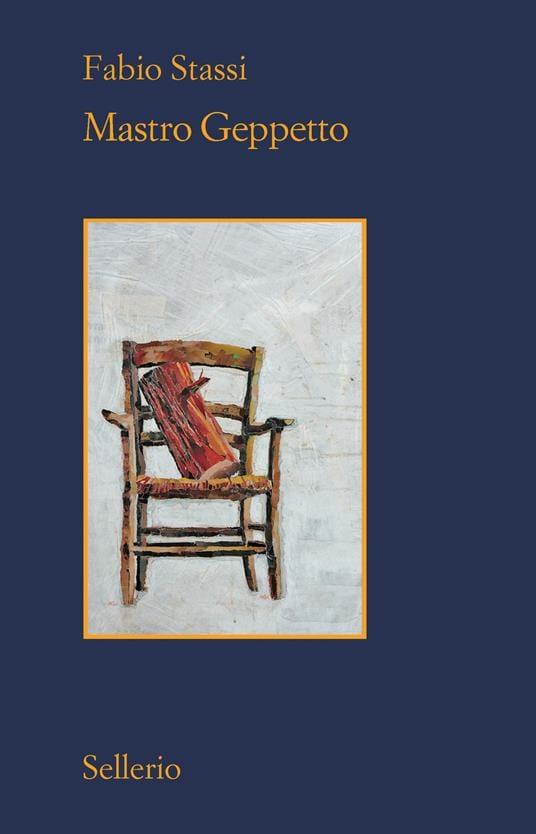Mastro Geppetto

A father in search of his son. A carpenter and his puppet. A little gem of creativity and literary inspiration.
"Maestro Geppetto is a heartbreaking and beautiful novel because it reminds us that of all extinctions, that of imagination is perhaps the most inhuman and the most dangerous." - Andrea Bajani, il Venerdì - la Repubblica
What if the adventures of Geppetto, the creator of Pinocchio, were entirely different from how we know them? What if alongside the vicissitudes of the puppet who became a child there were also those of a father who wanted a son so much that he built him with his own hands? Fabio Stassi has written a new story from a classic story, that of one of the greatest novels in Italian literature. In its pages the elderly carpenter becomes a feverish man driven by the desire for fatherhood, the victim of a cruel joke by his fellow citizens. The puppet’s exploits, funny, dramatic, violent, mingle with his adventures, which are themselves surprising and at times bewildering. Geppetto the man seems to step out of Collodi’s fairy tale for young and old and move to a contemporary stage where poverty, illness, the need for love, cruelty and redemption take center stage, the concrete engine of action. Thus Geppetto becomes a portrait of an introverted and reckless man, candid and visionary, who is about to face the world and discover it anew, pursuing the dream of a creature that is flesh of his flesh, into which he can pour the emotions and affection he carries within. But that world scorns and mocks him, revealing all its ferocity in a merciless condemnation of loneliness and diversity. In Mastro Geppetto, Stassi indulges with evident pleasure in one of his great talents, that of shaping the real and imaginary matter of stories and characters to draw from them a tale rooted in desire and fantasy, producing the metamorphosis that transforms the fiction of literary art into the most luminous and moving truth, the most painful and human.
Book finalist for the Naples Prize for Fiction 2022.